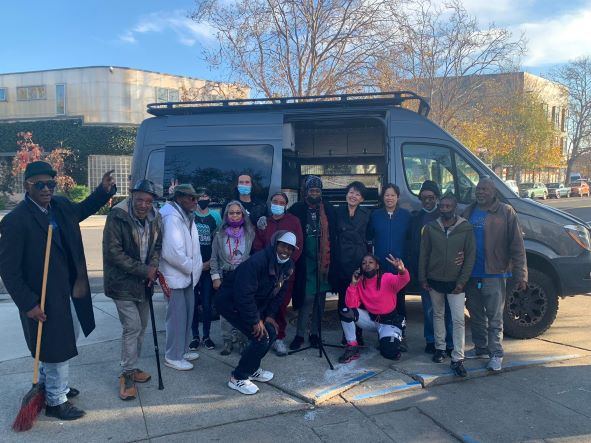This is the English translation of my Japanese article to appear in Nikkan San on November 5th, 2021, as a part of my bi-weekly column, “The Way of the Pianist.”
Place your hand on your chest, and say “Aahh!” Do you feel the vibration in your hand? That is a power you have. With that you can do a lot. You can comfort others, or move the world. You can join your voice with others in harmony, express an opposing view, or resolve a conflict.
The difficult thing is to know how to use this power. Just as for computers, human brains cannot manage inputs and outputs simultaneously. When we are focused solely on our expression, we cease to hear others around us.
Nature gave us one tongue and two ears so we could hear twice as much as we speak.
The famous quote is attributed to Epictetus, who was born a slave but became a legendary philosopher. In my pursuit of perfect piano technique, I spent much of my formative years without knowing what to listen to to know why, what and to whom I wanted to express myself.
The week before Thanksgiving, I was in San Francisco driving a pianovan to reach isolated/underserved communities with the power of music to heal and unite. My biggest objective was to learn to listen, to see how I could make my music more socially relevant, to be of service.
To my talks about the healing power of music, and my playing, some of them responded by their own musical offerings: some gospel songs and original raps about social injustice. Their music felt much more visceral than my classical offerings from the piano. “As an Asian classical pianist, I don’t have that kind of musical identity you just expressed. I envy that,” I had to say. After the program, an African-American man pulled me aside. “You don’t have to say what you said about being a classical musician. You don’t have to feel it. Because all music are the same. Because we are all the same.” It made me cry.

Lovely photo, but where is the Piano Doctor ?